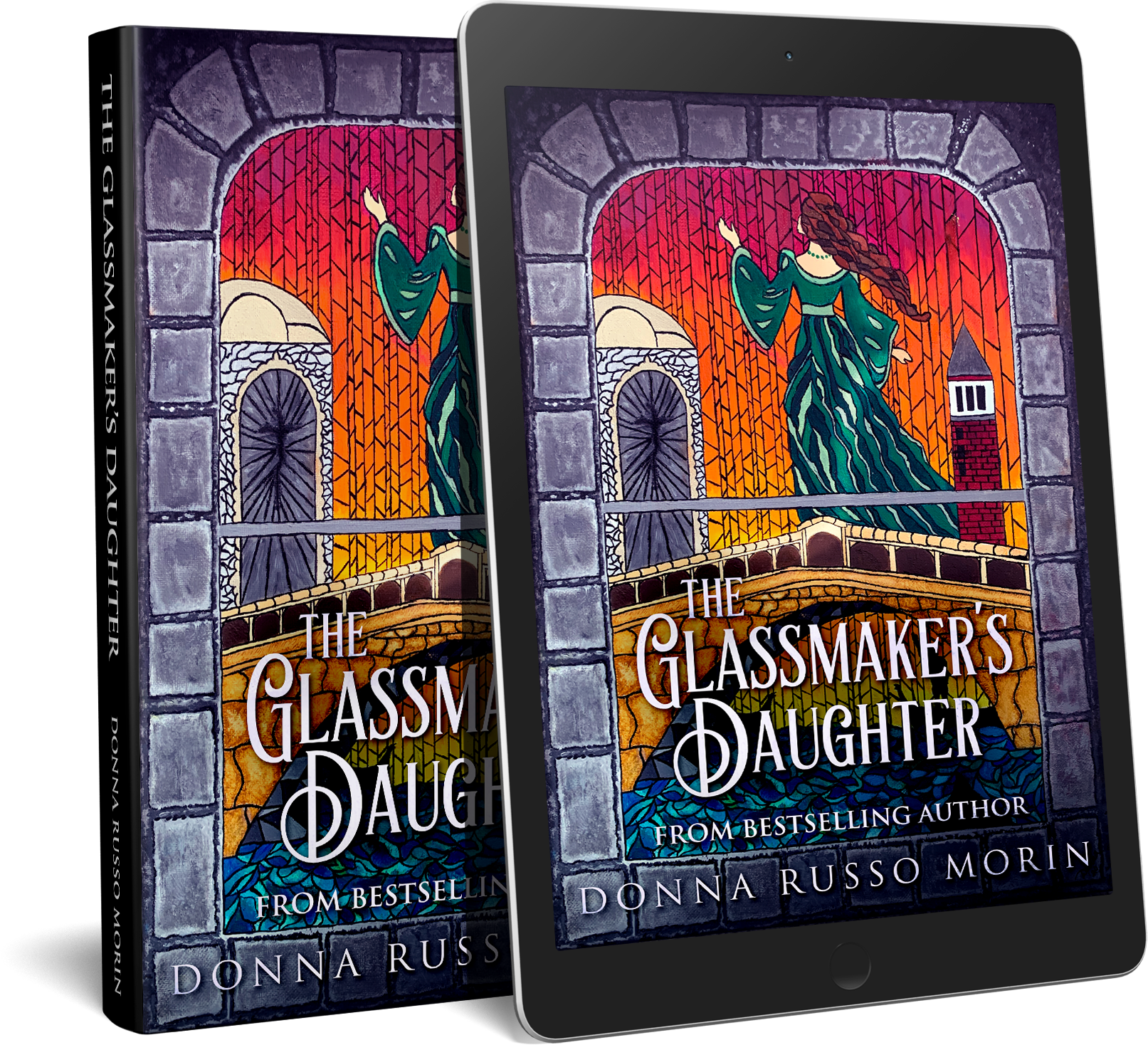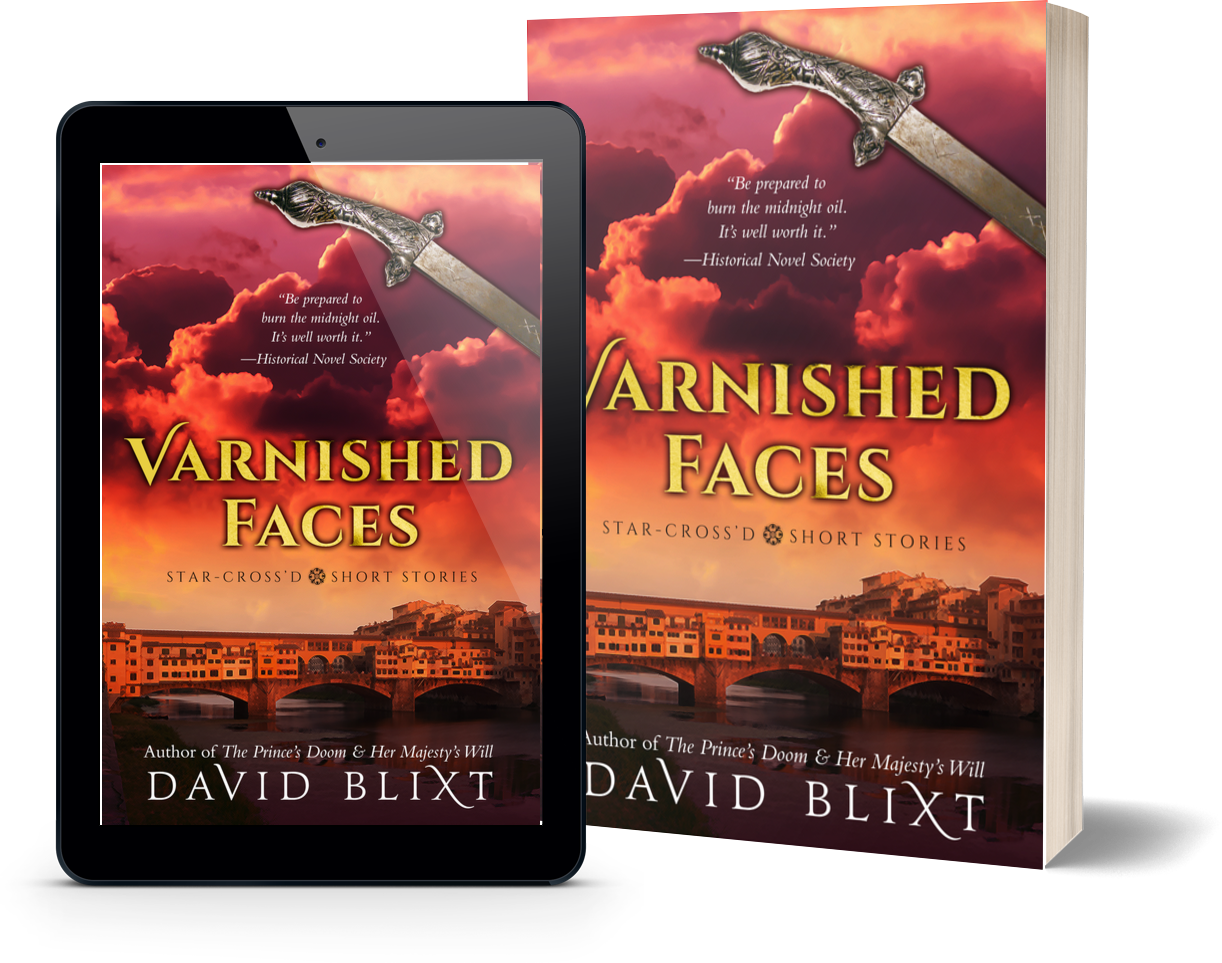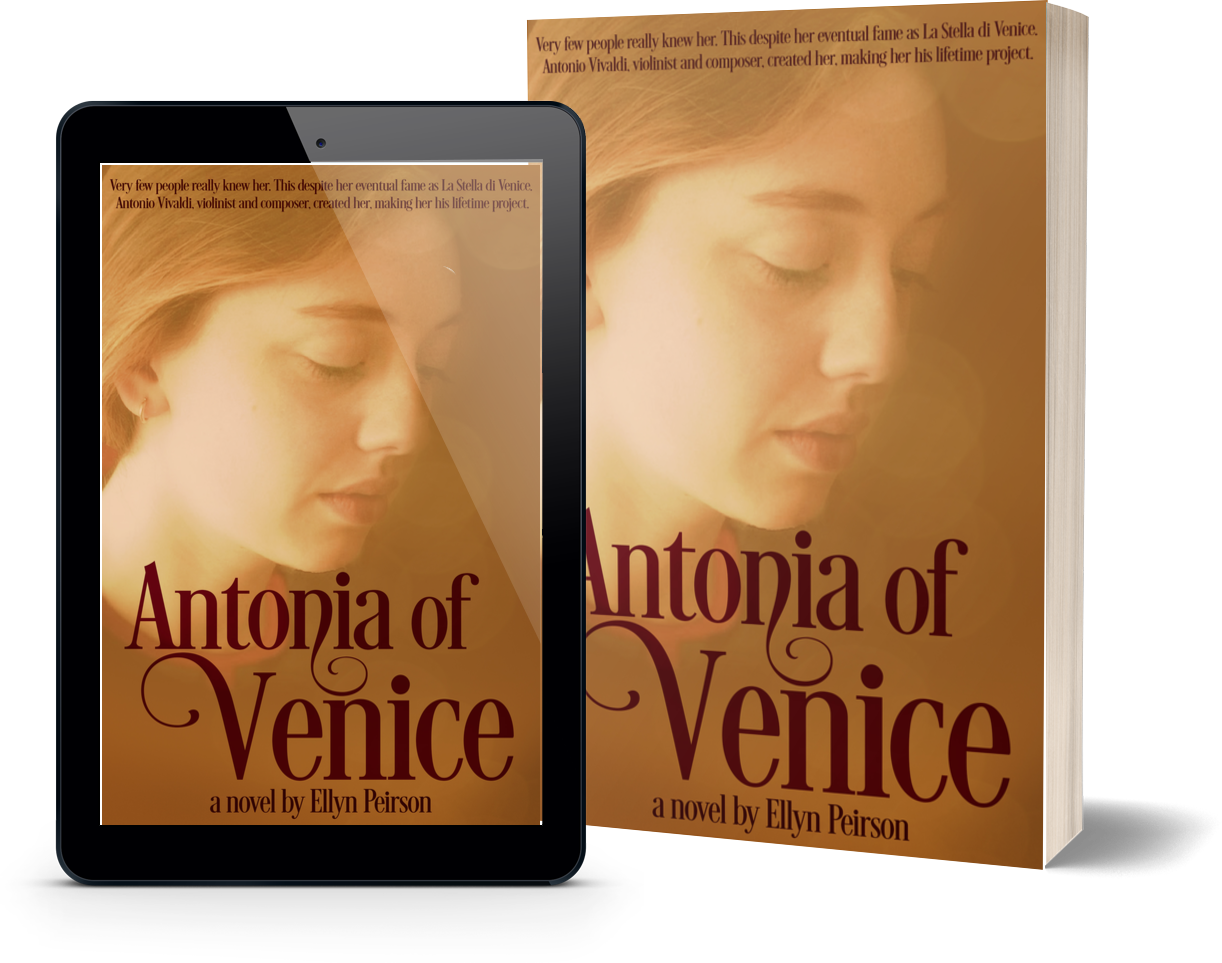The best books set in Venice from Next Chapter [March 2023]
Venice is a city in northeastern Italy that is famous for its picturesque canals, stunning architecture, and rich history. The city is built on 118 small islands that are connected by a network of canals and bridges, making it a unique and beautiful destination for travelers. Venice has a rich cultural heritage and is home to many important works of art, including the iconic St. Mark's Basilica.
One of the most popular attractions in Venice is a gondola ride through the canals. Gondolas are traditional Venetian boats that have been used for transportation for centuries. Today, they are primarily used for tourists, but they offer a romantic and unforgettable way to experience the city. Visitors can also explore the many beautiful squares and piazzas of Venice, such as the famous Piazza San Marco, which is surrounded by some of the city's most impressive architecture.
Despite its popularity as a tourist destination, Venice faces significant challenges. The city is slowly sinking, and rising sea levels due to climate change threaten to further damage its fragile infrastructure. Nevertheless, Venice remains one of the world's most beautiful and unique cities, and it is sure to enchant visitors for generations to come.
Below, we’ve collected four of Next Chapter’s best novels set in Venice, all available from major online bookstores including Amazon, Barnes & Noble, Apple, Rakuten Kobo and Google Books.
We hope you enjoy the stories by our authors - and if you do, please don’t forget to leave the author a review! Don’t agree with our choices? Please leave a comment and let us know which Venice - based book is your favorite :)
Books featured on this page
The Glassmaker's Daughter by Donna Russo Morin
Book excerpt
Pasquale jostled past the doorman, disregarded the outstretched hand of the family’s gondolier, and jumped haphazardly into the boat, his gangly descent tipping the slim vessel precariously. His impatience erased all concern for formality, his irritation at his father dismissing any possibility of enjoyment in the leisurely method of travel forced upon the Venetians living along the Canalazzo.
“Faster, faster, no dawdling,” he barked at the man who propelled the gondola.
He poked at the morning’s event with a thin needle of regard and found a slim vein of satisfaction in his father’s reaction to his abrupt departure, the rage-mottled skin and snarling mouth; the man’s attempt to thwart him had failed and the frustration had been clear on the repugnant features. He wondered if the old codger knew of his early-evening activities; why else would the man set today’s appointment at the time he had?
“Let me off here,” he snapped, pointing a beefy hand toward the public landing stage at the start of the Riva del Carbon. He would walk the rest of the way; it would be faster than the slow travel upon the crowded canal. From here there remained a few short blocks to the Riva del Ferro and the Ca’ Morosini.
Glazed stare still burning with irritation, Pasquale stomped along the quayside, nodding his head to the strolling neighbors who greeted him but taking no notice of their faces, nor of the beauty that surrounded him. His pointed dark leather shoes and matching hose blurred as his short, plump legs scissored down the causeway; his lightweight short cape flew out behind him, following him like a vigilant bird. His nostrils flared like a bull’s as his breathing grew more labored, the extra girth around his middle challenging his underused respiratory system. His long nostrils quivered as he inhaled the air, forever fecund with the briny scent of the sea.
As he drew closer to the eastern base of the Ponte de Rialto, the crowds grew thicker. Pasquale skulked as if in the vacuous eye of a swirling storm, solitary and silent, while invigorating, lively energy churned unheeded around him. The warm sun beat down upon his graying, thinning hair and the beckoning aromas of foodstuffs were inhaled but dismissed. Dust and dirt jumped up into the swirling, beckoning breeze and Pasquale closed his eyes to it as they attempted to add him to their spirited dance; his determination made him an unwilling partner.
Pasquale flew across the magnificent home’s Gothic-style courtyard that opened onto the Canalazzo and hurried up the stairs, pumping his chubby fists, ignoring the bright white balustrade contrasting sharply against the deep gold stone. At the first platform, where the stairs turned right, he entered the wooden door to his left without a knock. The slumbering, elderly doorman woke with a snort, jerking from his chair with such haste he almost lost his balance and tumbled to the floor.
Varnished Faces by David Blixt
Book excerpt
Ser Pietro Alaghieri’s arrival in Venice felt as though it was heralded with trumpets. For the first time in his life, he was traveling without his father. Nearly eighteen years old, knighted, with money in his purse and a grand task before him, he felt at once both intimidated and proud.
Not that he was alone. No, he traveled with as unlikely a pair of companions a man could imagine, a duo of astrologers.
Ignazzio da Palermo was shorter than Pietro, with the rounded shoulders that bespoke a lifetime of cramped and ink-stained fingers. His thin flaxen hair blew in wisps, uncovering a growing bald spot on the top of his pate. And his monstrous chin was both comical and mesmerizing.
But it was hard to take eyes off his companion. ‘Theodoro of Cadiz’ he was called, an ageless Moor with the arms of a soldier and the eyes of a sage. He wore a scarf today, not against the chill air but to hide the horrendous scars that ringed his throat, evidence of some terrible torture that had damaged not only his skin but also his voice. The massive curved falchion on his back was as formidable and frightening as the man himself.
They drew many gazes as they glided along on the water, but Pietro’s eyes were focused outwards, looking everywhere at once. Used to the bustle of Florence, Paris, and Verona, the Serene City was a revelation. Yes, the island city was a hive of activity. But navigating streets made of water made everything seem calmer, more refined, even stately. It was tempting for Pietro to suggest to his father that, when it came time to write about Heaven, he should make the streets of water. But giving the poet Dante advice on how to write never, ever went over well. Maybe he’d suggest it to Antonia.
The islands of the Venetian lagoon were first settled during long past barbarian incursions when the people of the Feltro sought refuge in the marshes. The refugees built watery villages on rafts of wooden posts, laying the foundations for the floating palaces that Pietro was sailing past. Thinking of the one important Venetian he had met the previous autumn, he asked, “Are we going to call on Ambassador Dandolo?”
“Perhaps,” the Moor replied.
Deploring his servant’s taciturn reply, Ignazzio found himself explaining. “We would never escape the palace. Oh, I don’t mean we’d be prisoners! No, the reverse – honoured guests. The Doge is rather fond of having his chart reviewed, reinterpreting it in light of recent events. Better to take care of our business first, before they know we’re here.”
Vivaldi's Girls by D.P. Rosano
Book excerpt
By the early months of summer, my father began talking to me more seriously about the Trapensi shipping business. He described my music studies as a ‘dalliance’ that ‘a future son of business could ill afford.’
I was an obedient son and nodded assent to his decrees. It’s true that I harbored a lingering desire to be recognized as a great violinist, but I was now twenty-five and no such accolades were coming my way. I returned to my violin in the velvet-lined case now and then, but less frequently in recent years and, at some point, abandoned it altogether.
My father smiled thankfully at me as he noticed the change in my demeanor. I would be his successor and, although he was not yet old, he wanted me to enter the business full time so that he could be assured that I would know all there was about the enterprise before death claimed him.
I seldom saw Antonio in recent years. As I receded from the music scene, he became more involved in it. I heard some comments about him, some regarding his music but some because his father had delved deeper into the world of music too. Stories were circulating that the barber could barely feed his large family on his normal proceeds and music offered an alternative form of income. I knew that was only partly true. I compared Giovanni and Antonio to my father and me and knew that Antonio was not only blessed with musical brilliance but with a father who recognized it and fostered it in the young man in his household.
Of course, I didn’t blame my father. I told myself that he too recognized brilliance where it could be found, but he found no such musical talent in our family and so he pushed me toward a career for which I seemed better suited.
As a member of the merchant class, I received the customary invitation to attend the annual Christmas concert at St. Mark’s. Once or twice I went, but in time I decided that my attendance wasn’t needed at the festivities.
Antonio had finally been ordained into the priesthood in the spring of this year. It was never clear to me why he took ten years to complete the training. I doubted that it was because of a lack of intelligence. Instead, I concluded – as I’m sure his father did – that Antonio was just insufficiently interested in the teachings of the Church. In Venice, to be ordained was a sign of accomplishment, but it was also taken as a sign that the young man in question had taken a road that promised a secure future, whether he was devoted to the matters of God or not. Antonio was sent to his studies by his father and he accepted the role, but he never seemed to be right for the position.
Antonia of Venice by Ellyn Peirson
Book excerpt
Defiant, the eleven year old held her ground. She stood with her new violin, fashioned for her size by the younger Guarneri, in one hand and her bow in the other. Pointing the bow, she spoke up, "No! I will not do it that way! I want to do it the way I just played it for you. You must listen to my interpretation. I am the violinist. You are the conductor." Her eyes flashed.
Antonio Vivaldi was infuriated. "No one—do you hear me, child?—no one speaks to me like that! Ever! And no one—no one!—tells me what to do! I have never experienced such impertinence! Paolina! Paolina! Come in here!"
The Prioress was already on her way to settle the disturbance. She moved quickly down the hall, her footsteps echoing through the dank air as Venice moved from morning murk to clear sunshine. Why did these two not see how their differences were really their similarities? It wouldn’t take her long to orient them and have them plunge back into the beautiful music they made together. They really should learn, each of them, to control their tempers. Antonia had become too like him at times. She supposed this temper and forcefulness were also Antonia’s salvation from passivity. Not that Antonia could ever be passive! And when would Antonio learn to accept Antonia's suggestions and interpretations? Paolina opened the door of the music room and entered. The room pulsated with suppressed anger and notes left suspended in the sunshine spilling into the room from across the Bacino.
There they were, Maestro and student, as vibrant as the Venetian sun itself, glaring at each other, Antonia undaunted and Vivaldi wheezing with exasperation. It wasn’t the weather that affected his breathing now. No—it was his personality—his anger—his always needing to be right! How foolish! This was a deadlock of Apollo and Diana.
"What is it this time?" Paolina, almost laughing at the scene, moved closer to the younger musician. She radiated a familiarity and calm into the crackling energy of the atmosphere. "Come now. What are you disagreeing about this time?"
There you go: four of the best books set in Venice by Next Chapter authors in 03/2023. If you enjoy one of the books on this page, please take a moment to leave a comment below, or a review in Goodreads or your favorite store. We’d love to hear from you!














Praesent id libero id metus varius consectetur ac eget diam. Nulla felis nunc, consequat laoreet lacus id.